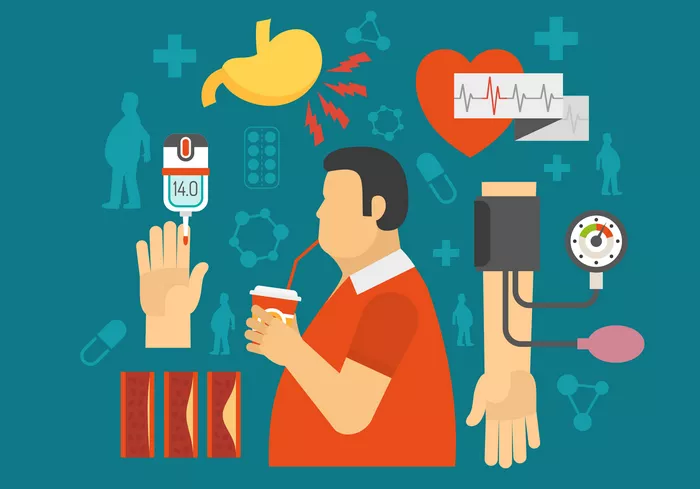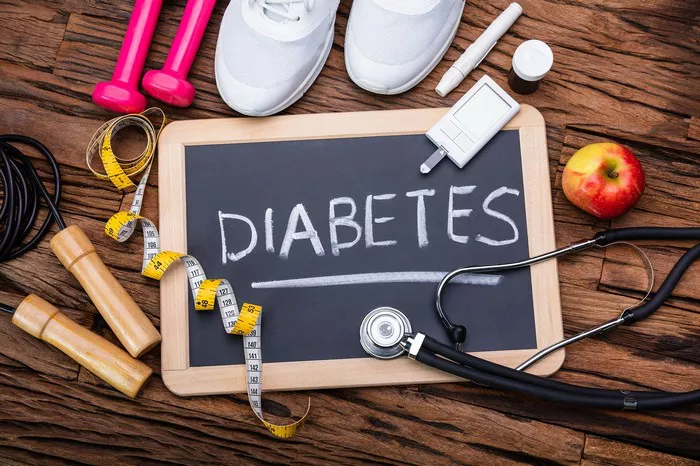When faced with high blood sugar levels, taking immediate action is crucial to prevent further complications. One of the quickest methods to lower blood sugar is by administering rapid-acting insulin. This type of insulin works rapidly to reduce blood sugar levels and is often used in emergency situations to bring glucose levels back into the target range.
Warning Signs
Hyperglycemia, or high blood sugar, can manifest through various symptoms, including increased thirst, frequent urination, fatigue, blurred vision, and difficulty concentrating. In severe cases, individuals may experience nausea, vomiting, abdominal pain, rapid breathing, and confusion. Recognizing these warning signs is essential as they indicate the need for immediate action to prevent further complications.
Medication Guidance
Correctly using fast-acting insulin is crucial in managing hyperglycemia. It is essential to follow the prescribed dosage and administration instructions provided by healthcare providers to avoid overdosing. Overdosing on insulin can lead to hypoglycemia, a condition characterized by dangerously low blood sugar levels, which can result in seizures, loss of consciousness, and even death. Patients should always consult with their healthcare providers for proper medication guidance.
Lifestyle Adjustments
Immediate lifestyle changes can also help lower blood sugar levels. Engaging in physical activity, such as brisk walking or jogging, can stimulate glucose uptake by muscles, thereby reducing blood sugar levels. Additionally, staying hydrated by drinking water can help flush out excess glucose through urine and prevent dehydration, which is common in hyperglycemic episodes.
Dietary Recommendations
Choosing the right foods can play a significant role in stabilizing blood sugar levels. Foods that are high in fiber, such as whole grains, fruits, vegetables, and legumes, can help slow down the absorption of glucose into the bloodstream, preventing sudden spikes in blood sugar levels. Additionally, consuming foods rich in protein and healthy fats can help maintain satiety and prevent overeating, which can contribute to hyperglycemia.
When to Seek Medical Help
While immediate actions can help manage hyperglycemia, it is essential to seek professional medical assistance in severe cases. If blood sugar levels remain high despite taking rapid-acting insulin and making lifestyle adjustments, or if symptoms worsen or become unmanageable, it is crucial to seek medical attention promptly. Healthcare providers can assess the situation, provide appropriate treatment, and address any underlying issues contributing to hyperglycemia.
Preventive Measures
Preventing hyperglycemia requires adopting long-term strategies to manage diabetes effectively. This includes adhering to a healthy diet rich in fruits, vegetables, lean proteins, and whole grains, engaging in regular physical activity, monitoring blood sugar levels regularly, taking prescribed medications as directed, and attending regular check-ups with healthcare providers. Additionally, managing stress levels, getting an adequate amount of sleep, and avoiding unhealthy habits such as smoking and excessive alcohol consumption can also contribute to better blood sugar control.
Expert Advice
Healthcare professionals play a crucial role in guiding individuals on managing hyperglycemia effectively. According to Dr. Rachel Johnson, an endocrinologist specializing in diabetes management, “Immediate actions such as administering rapid-acting insulin and making lifestyle adjustments can help bring down blood sugar levels quickly. However, it is essential for individuals to work closely with their healthcare providers to develop personalized management plans and address any underlying issues contributing to hyperglycemia.”
Patient Safety
Patient safety is paramount when managing hyperglycemia. It is essential to avoid risky self-treatment methods, such as excessive insulin dosing or skipping meals, as these can lead to dangerous complications. Patients should always follow the guidance of their healthcare providers and seek medical assistance if they are unsure about how to manage their condition.
Conclusion
In conclusion, addressing hyperglycemia requires immediate actions to lower blood sugar levels, such as administering rapid-acting insulin, making lifestyle adjustments, and seeking medical assistance if necessary. Long-term strategies, including preventive measures and ongoing management, are essential for effectively managing diabetes and preventing hyperglycemic episodes. By working closely with healthcare providers and adopting healthy lifestyle habits, individuals can maintain better blood sugar control and improve their overall health and well-being.
Related Topics:
Does Hyperglycemia Cause Nausea?
What Should You Eat Immediately If Your Blood Sugar Is High?
























